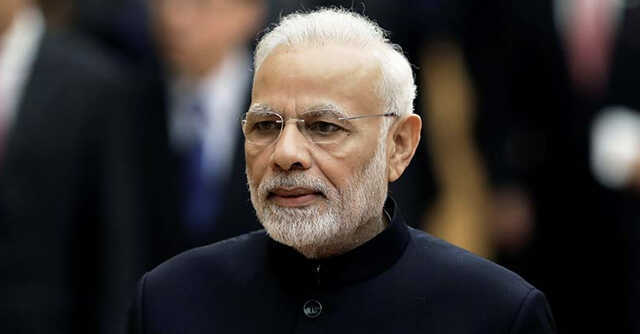
India will be a key stakeholder in the global semiconductor value chain: PM Modi


The government will take five to eight months to finalize a list of proposals by semiconductor companies, who have shown interest to create research and development, and manufacturing units in India, a senior government official said on Friday.
Proposals or applications started coming in after the government announced a $10 billion incentive scheme in December to encourage companies to build semiconductor and display fabrication plants in the country, and as part of efforts to establish the country as a global electronics hub.
The Union government’s Semicon India Programme has generated considerable interest, with companies including Vedanta, Foxconn, Singapore-based IGSS Ventures Pte, and ISMC proposing $13.6 billion investments for manufacturing of chips, as on February.

Vedantana Group has partnered with Taiwan’s Foxconn to make semiconductors in India, as the two look to capitalize on the chip shortage and benefit from the government’s incentive towards chip making in the country.
Proposals have been taken from three broad categories of semiconductor companies.
“First, there are the big silicon fabrication and the display fabrication companies, second is the compound semiconductors and assembly, testing, marking, and packaging category, while the third category is design. The applications for the second and third categories are an ongoing process, while in the first category, the option to take in more applications will be open in the next 5-8 months,” Ashwini Vaishnaw, minister for communications and electronics & information technology, said in Bengaluru on Thursday. He was speaking at the sidelines of the three-day ‘SemiconIndia Conference 2022’ event in Bengaluru that started on 29 April.

The minister added that the world’s leading companies are actively engaged in exploring the semiconductor industry in India.
Vaishnaw said that developing the semiconductor industry in the country is not a sprint, but a marathon, and a major differentiator for India was its talent pool.
“We are prepared. We understand that many countries are offering incentives. We also offer substantial incentives, but the big differentiator is that we have spoken to many of the CEOs of global majors, that we are committed to create and augment our talent pool by 85,000 semiconductor professionals over the next 10 years,” he said.

Prime Minister Narendra Modi on Friday said it is a collective aim to establish India as a key partner in the global semiconductor supply chain.
"We want to create a world-class semiconductor ecosystem in India, riding on our sincerity and execution. We aim to work in this direction based on the principles of high tech, high quality and high reliability,” Modi said in his virtual speech at the event.
He added that almost all of the top 25 semiconductor design companies globally have set up design and research and development centres in India. Additionally, the Prime Minster said that the government has undertaken several measures to transform the Indian manufacturing sector.

A recent report by the Indian Electronics and Semiconductor Association (IESA) pegged India’s growth in the semiconductor market to hit between $85-100 billion accounting for about 17% of the global estimated revenue of $600 billion in 2030.
As companies around the world are seeking chips for critical technologies such as 5G, growing automotive components, memory devices, the major chip production currently comes out of places such as the United States, Taiwan, South Korea, Japan and China.
Semiconductor equipment manufacturing company Applied Materials also announced that it has invested $50 million towards purchasing land for a R&D lab over the next five years.

“In the coming years, we intend to expand our infrastructure and to build a lab, followed by a campus around it. The lab is the missing piece in India, as we already have a lot of engineers,” said Srinivas Satya, Country President and Managing Director, Applied Materials India, at SemiconIndia.
“There is no instant gratification in the semiconductor ecosystem. It is about steadily building the confidence and capabilities that will stand the test of time for the next 25 years,” said Rajeev Chandrasekhar, Minister of State for Electronics and Information Technology.
Chandrasekhar said that there was good financial and policy support from the government and that the Indian semiconductor startups will have a very significant role to play in going forward.

